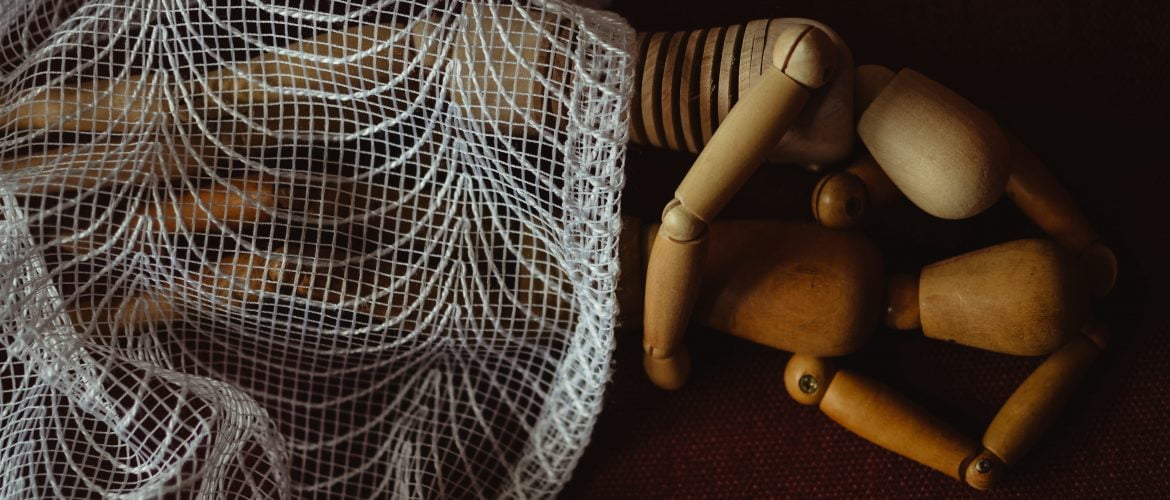4 Ways To Have Great Sex After Birth
- October 3, 2021
- Posted by: Vanessa Tarfon
- Category: Intimacy , Self image , Sensual Self , Sex ,

Intercourse, coitus, sex, fornication, lovemaking – whatever you want to call it, penile-vaginal intercourse is the epitome of sexual activities. It’s what we “strive” for and what we base our virginity on. Your “cherry is popped” once you’ve had intercourse (sex), not when you have oral or digital sex. Sex after birth has the same “race” mentality.
A “race” to resume having intercourse again that mother’s can find nerve-wracking and daunting. The first time really is like the first time you had sex. Sex after birth for mums can be painful, and dissatisfying because of reduced sensation or pleasure.
Intercourse is seen as the pinnacle of connecting with our partner and when it doesn’t work as we want, it can be hard for both partners.
Questions arise like:
- Is my penis big enough “bigger is better”?
- Am I lasting long enough “the longer I thrust the better”?
- Am I broken because I feel nothing when he penetrates me?
- I used to orgasm during intercourse, why can’t I now?
The answers: yes, no, no, lots of reasons.
My question to you is, what techniques are you using?
My G-Spot doesn’t work!
We’ve all heard about that pleasure spot inside the vagina that causes a female orgasm. But did you know that there is no such “spot”? There is nothing anatomically in the vagina that suggest a “spot” exists, yet we all strive to find it and then wonder why women are faking orgasms because their “spot” isn’t working.
The best thing you can do is insert a finger into your vagina, touch around and see if there is a particular area that feels pleasurable. THAT is the area you want to play in and tell your partner to hang out here.
You’ll likely find that if you have an area that makes you excited it’s towards the front of your vagina, and if you look at the length of your finger and an average erect penis you’ll see that penis size isn’t an issue. “Bigger isn’t better” it’s a matter of using ALL your tools effectively.
Unfortunately, you might find that nerve damage from childbirth has reduced your sensitivity temporarily or permanently. It’s ok to feel disappointed and even angry about it. Hormones can play a role in changes. Usually temporarily, although ongoing menstrual cycle hormones always play a role. Mental awareness during intercourse plays an even bigger role!
How do you make intercourse more pleasurable?
Recent research from America identified 4 main techniques that women are using to make intercourse more enjoyable. You may even do or have done some of these during sex but we didn’t have universal names before!
87.5% of women use Angling to increase intercourse enjoyment.
Angling is where women adjust the height of their hips either up or down when lying on their stomach or back.
76.4% of women use Rocking to increase sexual pleasure during intercourse.
Rocking is where the base of the penis (the area against the pubic bone) constantly rubs against the clitoris during penetration. The couple does a rocking or grinding motion as opposed to thrusting in and out so the clitoris remains directly stimulated.
83.8% of women use Shallowing to experience penetrative pleasure.
Shallowing is where the only vaginal opening is touched with a penis tip, finger, tongue or sex toy. A quarter of women had a stronger orgasm this way!
I love this technique for new mums in particular!
- there is little penetration so pain is less likely.
- if postpartum sex makes you anxious or tense, or if it’s been several months/years since you last had intercourse, this is a great way to ease back into it.
69.7% of women use Pairing for intercourse pleasure.
Pairing is where the woman or her partner stimulates the clitoris simultaneously with penile penetration. 49% of women use this technique during intercourse, most often with a finger.
Sex can be enjoyable after kids if you are willing to try new techniques and activities.
Fact: thrusting is not the only option
Use techniques that help you experience pleasure such as any of the 4 listed above.
Fact: longer-lasting sex doesn’t result in more or better orgasms
We hear about intercourse lasting 7 – 16 mins, which puts pressure on couples to have long-lasting “thrusting” sex. What isn’t discussed is that often within that time couples stop and change position or angles. Don’t focus on the time you “should” be having sex but focus on what areas you want to touched and how.
Fact: what type of orgasm you have doesn’t matter
There is still debate about whether a clitoral or vagina orgasm is better or stronger. Whether you orgasm from clitorial or vaginal stimulation doesn’t make you any more or less desirable as a woman. Women orgasm through various means including: nipple, breast and non-touch stimulation. Does it matter what creates the orgasm as long as you are experiencing pleasure?
The Mama’s Sensual Safari takes you on a progressive pleasure discovery to find your sexual satisfaction. Join here now!
